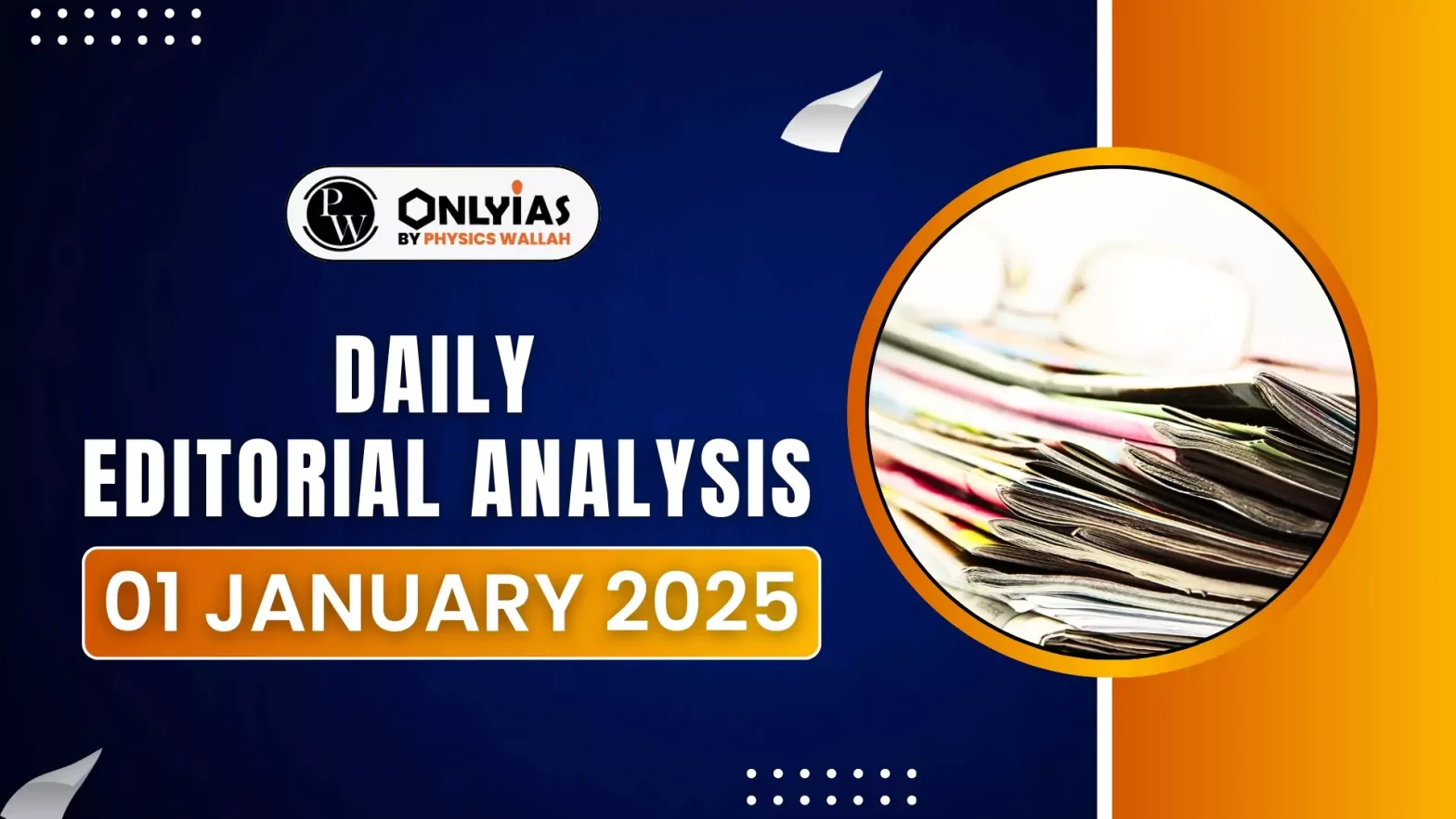The 29th Conference of the Parties (COP29) to the United Nations Framework Convention on Climate Change (UNFCCC) in Baku, Azerbaijan, was marked by key events and controversies, underscoring the complex challenges in global climate negotiations.
Finance as a pillar in Climate Change
- Factor in UNFCCC: Finance in Climate Negotiations: Since the UN-led climate negotiations began in 1991, finance has been a key issue, formalized in the UNFCCC in 1992.
- Contention Between Nations: Developing nations argue that industrialization by developed nations has caused climate change and demand compensation for its impacts.
- UNFCCC Article 4(7): It states that developing countries’ ability to meet climate action commitments depends on financial and technological support from developed nations.
- Paris Agreement: The Paris Agreement retains, in Article 9(1) the provision relating to finance, binding the developed countries to mobilize finance for the developing countries (target of 100 billion dollars to developing nations by 2020).
- Sixth assessment report of the Intergovernmental Panel on Climate Change: The IPCC highlights finance, capacity-building, and technology transfer as key enablers for climate action in developing countries, given that human activities have caused a 1.1°C rise in temperatures since 1850-1900.
- Reports suggest that current funding falls significantly short of what is needed to limit global temperature rise to 1.5°C by the century’s end.
- 29th Conference of the Parties (COP 29): This meeting at Baku, Azerbaijan, in November 2024, was meant for the Parties to the Paris Agreement to have a New Collective Quantified Goal on Climate Finance (NCQG), replacing a $100 billion floor and laying a new floor taking into account the needs and the priorities of developing countries to tackle the climate crisis.
Enroll now for UPSC Online Course
Result of 29th Conference of the Parties (COP 29)
- Negotiated amount for developing nations: Despite developing nations’ demand for $1.3 trillion annually by 2030, developed countries committed to providing $300 billion annually by 2035—a commitment that falls significantly short of estimated needs.
- This amount falls short of the UNFCCC’s Standing Committee on Finance (SFC) estimate of $455 billion-$584 billion in annual financial needs, which covers only about half of the needs identified by 98 developing countries in their NDCs.
- No minimum allocation floors for the LDCs and SIDS: The NCQG acknowledges the financial needs of vulnerable groups like LDCs and SIDS but lacks minimum allocation floors for them. At the meeting, SIDS requested $39 billion, while LDCs sought at least $220 billion in funding.
- Result of Global Stocktake: The first-ever Global Stocktake (GST) in 2023, aligned with the Paris Agreement, failed to address the loss and damage concerns in the NCQG. GST estimates that economic costs could reach $447 billion-$894 billion per year by 2030.
India’s perspective towards Climate Finance
- Frame of equity: India’s stance on climate finance is rooted in the principle of common but differentiated responsibilities, emphasizing greater responsibility for developed nations due to their resources and capital.
- Stance in COP29: India proposed that $1.3 trillion be mobilized by 2030, with at least $600 billion in grants and concessional resources.
- On key agenda items like mitigation, just transition, and GST, India called for adequate financing and implementation support. India’s submission of its NDC next year depends on a financial decision.
- Adoption of NCQG: India has expressed its extreme disappointment on the adoption of the NCQG in its present form, and shape – which was without its consultation.
- It made serious objections against the COP29 presidency and the Secretariat in the way it was finalized – which is at the expense of trust, collaboration, and in contravention of the UNFCCC’s norm, on an issue which is a creation of the developed north but which affects developing countries more. India outrightly rejected the NCQG.
- It also added that this NCOG expects the developing world to mobilize resources.
- Stimulate the ambition and implementation of NDC: India believes that the small financial sum will impact the ambition and implementation of its NDC. Developed countries must provide accessible, affordable, and sufficient finance, either through grants or low-interest long-term loans, to effectively address climate change.
Check Out UPSC Modules From PW Store
Conclusion
The essence of the Paris Agreement lies in the Nationally Determined Contributions (NDCs). While the developing countries of the Global South are expected to enhance the ambition of their NDCs for greenhouse gas mitigation and ensure their effective implementation, it is equally crucial for the developed countries of the Global North to scale up both the quantity and quality of climate finance. Additionally, sincere efforts must be made to establish a coherent climate finance framework that ensures sufficient, directly accessible, and affordable funding for developing nations.
![]() 1 Jan 2025
1 Jan 2025
